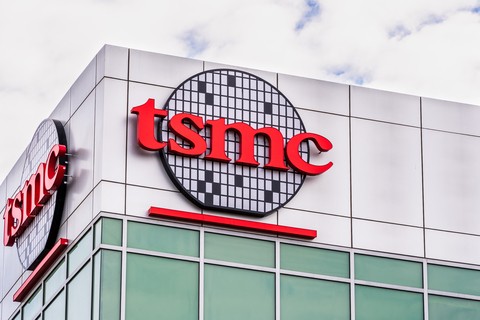
Seize the Day, Semiconductor Manufacturers
Bravo. Now get on with it.
This morning, U.S. President Joe Biden signed the $280 billion Chips and Science Act. The bill includes $52.7 billion to subsidize #semiconductormanufacturing in the United States.
Now it’s up to Intel, TSMC (the Taiwan Semiconductor Manufacturing Company), and Taiwan’s GlobalWafers Co., Ltd. to deliver on their promises. All 3 previously announced they would build semiconductor manufacturing plants in the United States. However, Intel previously delayed groundbreaking for its Ohio Plant, citing uncertainty over the proposed subsidies.
As I wrote in my June 29 post, everything in modern life relies on semiconductors – from civilian applications like the smartphone you are using and the car you drive to military hardware and communications. Most of these chips are made in Taiwan, China, and South Korea, supply chains at risk from the saber-rattling across the Taiwan Strait.
In fact, China built 32 of the world’s 56 new semiconductor plants from 1990 to 2020, while the U.S. built zero, according to The Wall Street Journal.
Now that the #ChipsandScienceAct is law, three things must happen:
- TSMC needs to speed ahead with its plant, already under construction per The Arizona Republic, and make sure its producing semiconductors by 2024, as planned.
- Intel needs to get back on the horn in Ohio so that plant starts producing semiconductors in 2025, as reported by The Wall Street Journal.
- Taiwan’s GlobalWafers needs to start building its Texas plant stat and start producing semiconductors in 2025, as reported by The Register.
The politicians have done their job. Now it’s up to business to do theirs.
Business Development Consultant, Increasing FDC Pack Station Efficiency by +2X, Ask Me How!
1ySpot on Jim! It's also time for the #friendshoring nations to do their thing and guaranty supplies, REE's and other elements.
Managing Partner at Distribution Services Un-Ltd.
1yJim I agree with your urgency in utilizing the new Chip legislation - though I am not familiar with the bill’s rules and regulations. I am concerned with two of the companies mentioned in using the seed money in this bill here in the US as they are already the two world’s largest chip manufacturers. The rest of the top ten makers are mostly US companies that in total only supply 10% of the world demand now - those chips are mostly memory, storage, comm, and computing chips and not programmable controllers, logic, IT, etc chips. SO what happens in the US the next three years while all these plants are being built and outside the US the largest makers are growing even faster? AND I’m not hearing about the type of infrastructure meeting the demands of these new US plants the next three years especially educating and locating the workforce for all this structure being created? Any thoughts -
Delivering Worldwide Logistics Solutions | Simplifying Supply Chain Complexity with Technology and Expertise | Creating Comprehensive Logistics Strategies
1yWell said, Jim Tompkins!
Global Supply Chain Advisor/Coach
1yFunny thing - my first supply chain project in the USA was with a Texas based company helping them put together a virtual shelf program for their semi-conductor supply chain - all the way back in the 1990s - yes - in the age of the digital dinosaurs! Since then we have gone round in circles and we have now got ourselves into a bit of a muddle as far as supply chains go - have we not? So less talk and more action - America is the land of innovation and enterprise - let's take the lead again.
Coach and Senior Partner at Radical Results™
1yThis Act is a great step forward. It is going to change the way American technology business work in the near future and I also see a possibility of new companies rising as now in the space of rockets.